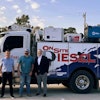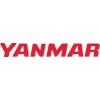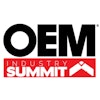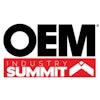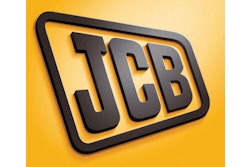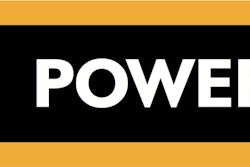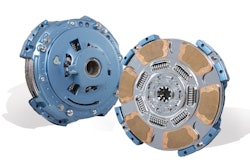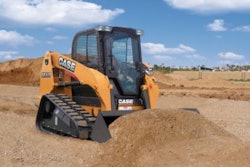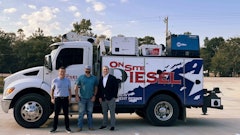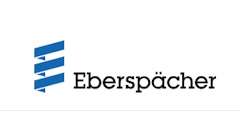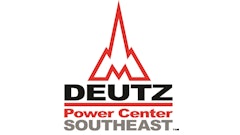Just when it looked as if the dog-days of the record hot summer were passing too slowly, and I was trying to decide if maybe Al Gore was right after all about global warming, things got really interesting. It is interesting—and maybe revolutionary, as well—and in my opinion could change the playing field for companies competing against JCB in the small and medium product ranges.
JCB has announced that it will conform to emissions regulations through the use of its patented in-cylinder technologies alone. That basically means the company has an extremely efficient cylinder and piston design that swirls fuel around at an injection pressure of 29,000 psi and when the mixture ignites there are few, if any, particulates. Included on the JCB engine is a common rail injection system and a variable geometry turbocharger. Cooled exhaust gas recirculation (EGR) is used to further reduce emissions, passing a small amount of the exhaust gas back through the engine to cool the combustion process and reduce nitrogen oxides (NOx) within the cylinder. Like all Tier 4 compliant engines, the JCB engine requires ultra-low sulphur diesel (ULSD) fuel to achieve the low emissions.
From my point of view, the game-changer is that the system allows JCB or its dealers to sell a low cost kit to recalibrate the engine's electronic control unit (ECU) so it can be operated in countries where poor quality fuels are used. The engine will then be fitted with a non-compliant label. The kit keeps the EGR valve closed (reducing potential sulphur damage), reduces fuel injection pressures and reduces the variable geometry turbocharger range. To limit abuse of the use of these kits, the company is putting in place a robust procedure to ensure that recalibration only occurs for units being resold to countries where low sulphur fuel is not available.
Why is this important and why does it have the potential to change the game?
After new machines have reached their useful economic life, about 50% to 60% of the sizes and types of machines in the JCB range are sold at auction and of those a very high percentage of the buyers for them are from Latin America, Africa or other less developed countries that do not have available ULSD fuel. It is likely that residual values of most—if not all—of the Tier 4 interim and Tier 4 final machines that are being sold today will be much lower than in the past or will go to zero unless the machines can be modified to burn high sulphur diesel fuel. Tinkering with emission devices while the machines are in the U.S. is illegal. JCB has taken away this problem for buyers of its new Tier 4 equipped machines.
Equipment owners conforming to the new emission regulations will cost more than previous models. To ensure cleanliness of the fuel going into the engines, there will be upgraded fuel and air filters, plus the Tier 4 interim engines will require a 5-micron water separator and fuel filter for the fuel supply line to supplement the 2-micron engine filter. In addition, a crankcase ventilation filter must be used, which will require replacement at 1,500-hour intervals. The engines will, however, be able to run on standard engine oils. The Tier 4 interim engines will have the same 500-hour service intervals as the previous JCB models. It is estimated that there will be a nominal increase of 5 cents per hour ($0.05/hr) over a typical 6,000-hour ownership period for a backhoe-loader, an amount the company believes will be offset by the fuel economy and productivity benefits.
The new JCB machines, as well all the other brands that are Tier 4 compliant, will cost more than Tier 3 predecessors because of all the complex components on the machines. Owners will have to get use to the fact that residual values in general will be on the decline. However, if the JCB machines can be easily converted for use with higher sulphur fuels, as the company claims, it is likely the JCB machines will retain more of their residual value than other brands. It will be one less thing the machine owner has to worry about.
It would be naive to think that JCB’s competition will sit idle and not respond to JCB’s strategy. But it will take time and in some cases it may be impossible for companies to respond with similar kits.

